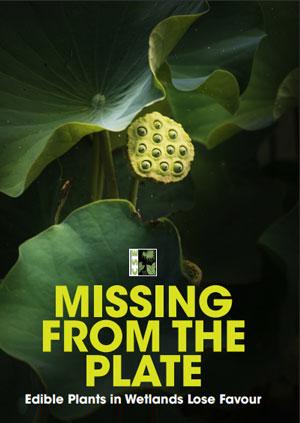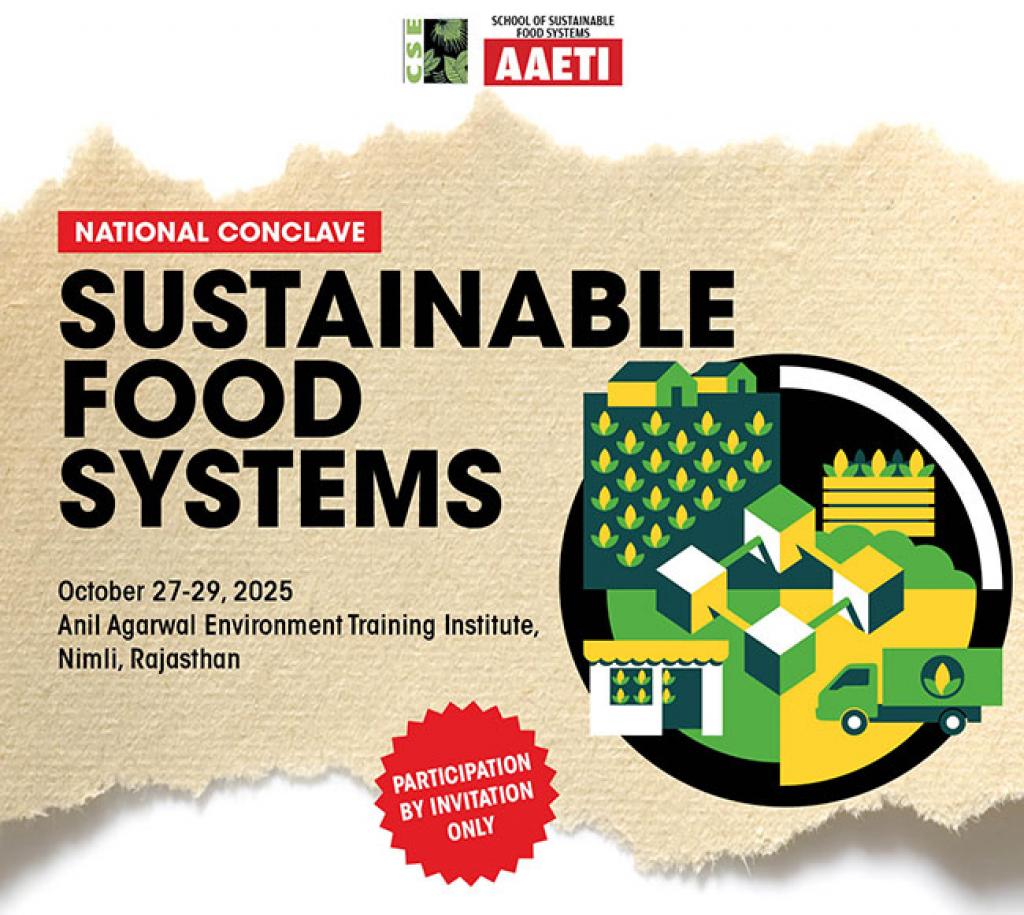Indian soils severely deficient in essential nutrients
- Low levels of nitrogen and organic carbon in most Indian soil samples, reports CSE assessment of the government’s own test data
- Data suggests that current fertiliser use does not seem to improve either the nitrogen levels or the organic carbon content in soils.
- Soil health monitoring in the country remains incomplete with only 12 chemical parameters being assessed – physical and biological parameters must be assessed as well.
- There are many policies, schemes and initiatives in place to improve soil health. Biochar is emerging as a potential remedy.
New Delhi/Nimli, October 27/28, 2025:India’s soils are severely deficient in essential nutrients like nitrogen and organic carbon, according to the Soil Health Card (SHC) scheme under the Indian government’s National Mission for Sustainable Agriculture. This has been reported by a new assessment study released here today by Centre for Science and Environment (CSE).
Tests say that 64 per cent of the samples are ‘low’ in nitrogen, and 48.5 per cent are ‘low’ in organic carbon. This has serious implications for the future of sustainable agriculture in the country. “A critical function of a healthy soil is its capacity to store organic carbon, which makes it essential for climate change mitigation. Indian soils can sequester an estimated 6-7 teragram of carbon annually,” says the CSE study, titled Sustainable Food Systems: An agenda for climate-risked times.
The study is a comprehensive assessment of some critical and interconnected aspects which can lead to sustainability in the way we produce, distribute and consume food. It was released today at a National Conclave on Sustainable Food Systems, which is being organised by CSE at the Anil Agarwal Environment Training Institute (AAETI) in Nimli (Rajasthan) from October 27 to 29, 2025.
The event has brought together some key experts and stakeholders from across the country to discuss a wide range of topics: from soil health and voluntary carbon markets to weather forecasting and agro-meteorological advisories, and from crop insurance to issues related to emissions from livestock and poultry management systems.
The state of Indian soils
India’s Soil Health Card (SHC) scheme, launched in 2015 under the National Mission for Sustainable Agriculture, tests 12 chemical parameters and aims to provide farmers with the soil nutrient status of their agricultural land. The scheme issues soil health cards to farmers that carry recommendations on fertiliser use and amendments required to ensure long-term soil fertility and crop productivity.
The scheme’s dashboard indicates that in 2023-25, about 1.3 crore soil samples were tested. Tests done by the scheme have found that 64 per cent of the samples tested were low in nitrogen and 48.5 per cent were low in organic carbon.Experts speaking at the CSE Conclave pointed out that there are a few other concerns – a fact that has been corroborated by the CSE assessment.
- Limited monitoring parameters: The SHC scheme concentrates on testing only 12 chemical parameters. Amit Khurana, director, food systems programme, CSE says: “Focusing only these parameters does not reflect the overall soil nutrient status. International bodies like the FAO’s GLOSOLAN recommend including physical and biological indicators for a holistic assessment of soil health.”According to Apoorva Oza, global lead-agriculture, food security and climate resilience at Aga Khan Foundation and a speaker at the CSE Conclave: “India has around 14 crore farmer households. In the past two years, soil card testing has reached only 1.1 crore. When it comes to soil testing, what is being measured, why, and by who are key to understanding the gaps.”
- Fertiliser mismatch: Data indicates that applying nitrogen-based fertilisers to the soil does not lead to any “corresponding improvement in soil nitrogen levels”, says the CSE assessment. Khurana says “this means current application practices are inefficient and need corrective policy measures”. Data also suggests that there is no improvement in soil organic carbon due to use of total (NPK) fertiliser.
- Gaps in policies and implementation: Biochar – produced through pyrolysis of biomass –is an emerging soil amendment that can enhance fertility, retain moisture and serve as a carbon sink by increasing the soil organic content. But India does not have any standardised production protocols for biochar. Also, while there are policies to promote organic farming, the area under these schemes remains limited.
Read yesterday’s press release click here
Free download of the report click here
For more on the Conclave, click here
For any other details, please connect with Sukanya Nair of The CSE Media Resource Centre, sukanya.nair@cseindia.org, 8816818864.



Share this article